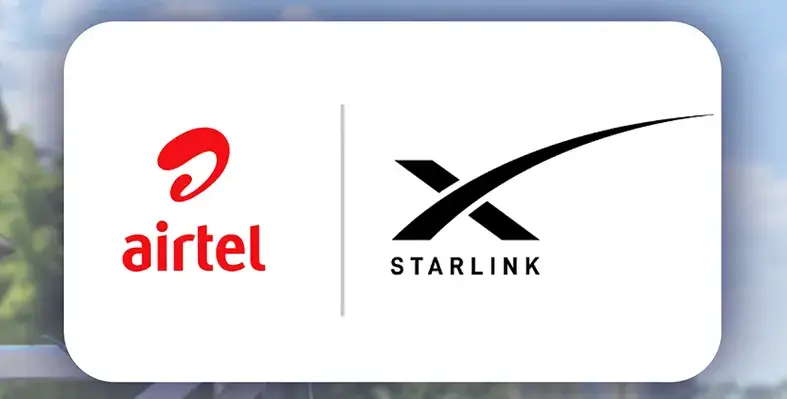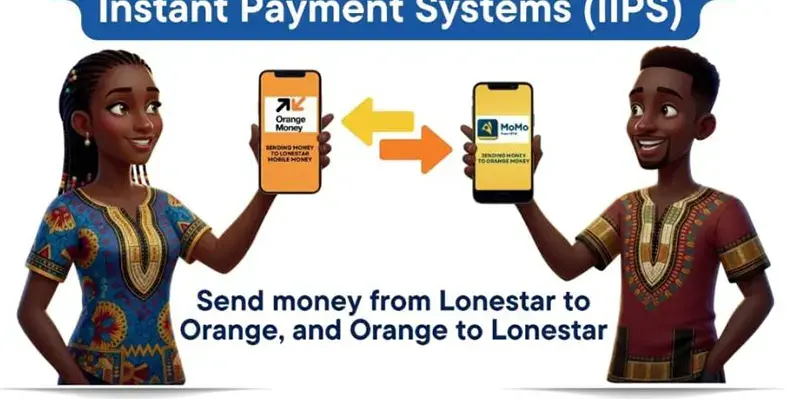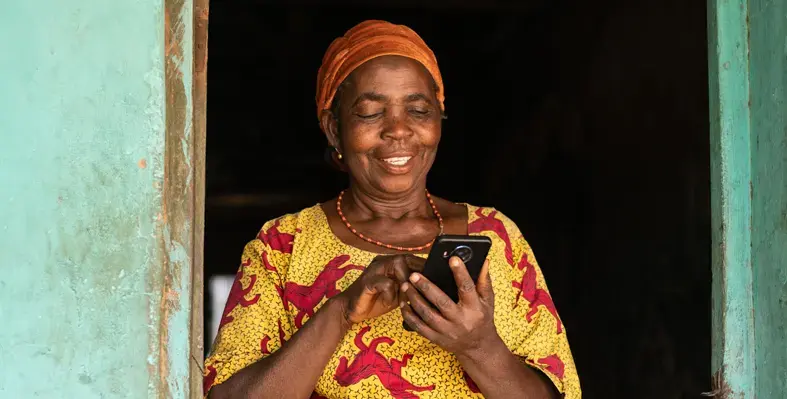MTN Digital Infrastructure, operating commercially as Bayobab, has entered into a strategic partnership with Mozambique-based mobile network operator TMCEL to enhance the country’s international connectivity landscape
As part of the agreement, TMCEL has appointed Bayobab as its preferred partner to support and manage international communications, with Bayobab providing comprehensive, end-to-end service management.
Through the collaboration, TMCEL will access Bayobab’s suite of global communication platforms, including International Voice, International Roaming and IPX. These capabilities will enable the delivery of scalable, high-performance connectivity services for both consumer and enterprise customers, supporting reliable international calling and seamless cross-border communications.
“This partnership with TMCEL is a powerful example of how MTN Digital Infrastructure is extending its scale and capabilities to empower African operators,” said Mazen Mroué, CEO of MTN Group Digital Infrastructure. “By extending our global platforms to support TMCEL in Mozambique, we are helping improve the everyday connectivity experience while enabling innovation, growth, and digital inclusion for millions.”
The partnership also represents an important milestone in Bayobab’s broader strategy to collaborate with African operators, offering the same level of technical expertise, service quality and operational support across its entire footprint.
“The partnership marks a transformative step for the country’s connectivity landscape. By leveraging Bayobab’s global platforms and expertise, we are strengthening TMCEL’s ability to deliver world-class voice and roaming services to customers. Together, we are positioning the nation as a key hub for innovation and growth in the region” said TMCEL Chairman, Mahomed Mussá.
Positioned as a public-private collaboration, the alliance reinforces the shared ambition of both organisations to accelerate digital transformation. By combining TMCEL’s local market presence with Bayobab’s international infrastructure and expertise, the partnership aims to build resilient connectivity and drive inclusive digital growth across Mozambique and the wider region.
























